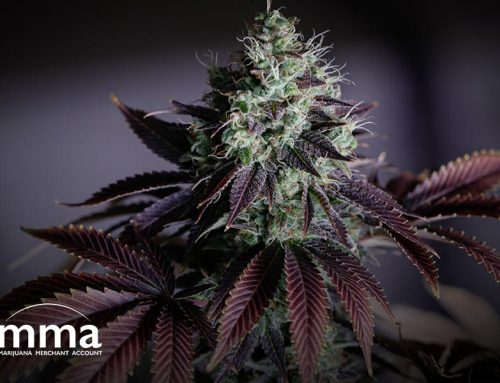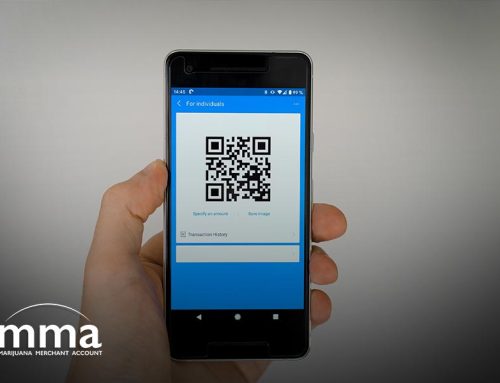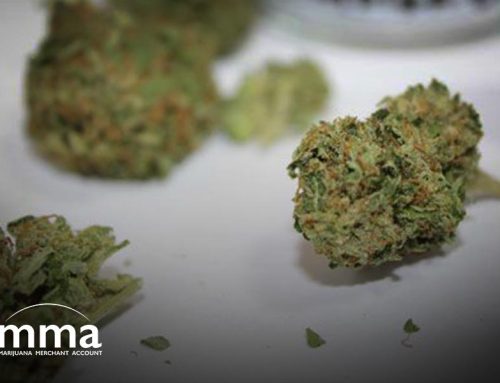Cannabis banking is a hot topic for politicians, marijuana industry advocates, and bankers alike. Pause for a moment, and think back to the past, where cannabis was flat-out illegal in all 50 states. Now shift to the present, where cannabis is not only legal in 33 states, but a proven tax revenue powerhouse. And now look ahead. Imagine a country where Congress has shifted its stance on cannabis. Stripped from its Schedule 1 title, cannabis would no longer be a risky proposition.
Wouldn’t it be a win-win situation if banks could serve — without fear of retribution — all the businesses that need its services? What if a shift from Congress would allow banks to remain legitimately compliant while also providing an important business function? The financial industry would no longer face the previous risks associated with doing business with an industry producing a federally illegal substance. It would also provide a huge boost to the flourishing cannabis industry. It’s no secret that the wide world of weed is desperate for basic business services, like banking. Luckily, times are changing, albeit slowly.
The banking barrier has been punctured.
On Tuesday, January 19, the California Cannabis Industry Association announced its members will have access to banking services through a partnership with North Bay Credit Union. This agreement will ease the burden many cannabis businesses face due to having to operate primarily with cash.
California has been a progressive, trendsetting state for ages. Long known for the crop grown in its infamous ‘Emerald Triangle,’ the state legalized medicinal marijuana back in 1996. Then they waited. Eventually, the rest of the world started waking up. Advocates, experts, and legitimate business owners joined the movement. The result? More and more states are opting to legalize cannabis. As waves of new revenue flood state coffers, the problem of how to handle all that cold, hard cash without good banking options frustrated many.
For a group hell-bent on emerging as a legitimate industry, progress has been slow.
On the one hand, you have states receptive to the tax revenue, job creation, and small business opportunities legalized marijuana brings to the economy. On the other, you have the federal government dragging its feet in acknowledging just how strong the still-federally illegal industry really is. After all, pot is still a Schedule 1 drug per the feds. With President Joe Biden and Vice President Kamala Harris’s election win, there is hope that a new executive branch of the government — especially one seen as favorable to the decriminalization of cannabis — will change things.
Jim Hourigan, CEO of CannaCraft, a Sonoma County product manufacturer, said in a recent North Bay Business Journal article, “The amount of cash back and forth between businesses is very risky and an administrative nightmare,” he said, adding, “The industry requires all sorts of extra hands and equipment to process transactions such as cash counters, safes, and even security officers.”
“Since California legalized cannabis, operators have faced significant struggles with banking and payment services, given the federal government’s continued ban on cannabis products,” the California Cannabis Industry Association said in a statement. The agreement is intended “to alleviate the banking obstacles that cannabis operators face, so they can focus on their core business.”
The partnership will allow for checking, wire transfers, and other banking services. This is a considerable development since legal sales kicked off in the state in 2018. Most banks were leery of doing business with the marijuana industry; after all, weed is still illegal federally. Banks didn’t want any legal problems with the feds.
As of September 30, 2020, 677 banks and credit unions offered service to the marijuana industry. Federal legislation to allow for banking access to the industry has made zero traction in Congress. Many in the industry call out the feds for a colossal double-standard. The hypocrisy? There are 33 states where cannabis is legal. Legal cannabis is taxed—a lot. And the feds gladly accept the tax revenue. For example, California-based cannabis companies pay both state and federal taxes. The feds don’t turn their nose up and proclaim, “I dare do say, no weed tax money accepted!” Many advocates also like to point out that during the COVID pandemic, cannabis industry businesses were deemed ‘essential.’
Banks have historically been careful at endorsing anything during this standoff between state and federal governments. Still, they show a willingness to provide a valuable business service to what the state has deemed a valid and legally operating business.
It makes sense, though. Banks and credit unions want protection from future repercussions from the feds. Why? Even if it seems maddening to some, cannabis is still classified as a Schedule 1 narcotic. Banks are bound by the Controlled Substances Act. This means that because cannabis is still a controlled substance to the feds, and the banks are regulated and insured by the feds, it is technically illegal to handle cannabis deposits.
I’m willing to bet that legal, legitimate banking access would give a tremendous sense of relief to cannabis businesses. No more looking furtively over your shoulder, wondering if the man walking behind you on the street knows you have $47,000 in tax payments in your backpack.
The American Bankers Association, recognizing the benefit of working with an industry estimated to gain $31 billion in U.S. sales, submitted a letter to the U.S. Senate Banking, Housing and Urban Affairs Committee that asks for added protections on the bill.
“ABA shares your dedication to ensuring that the bill is carefully crafted to prevent bad actors and drug cartels from laundering illegal proceeds into the financial system under the guise of state-sanctioned cannabis business,” ABA spokesman James Ballentine wrote. “Consequently, it is critical that the bill provide the Financial Crimes Enforcement Network and the federal financial regulators the authority to clearly delineate the Bank Secrecy Act obligations of financial institutions when engaging in business with state-sanctioned cannabis-related businesses.”












